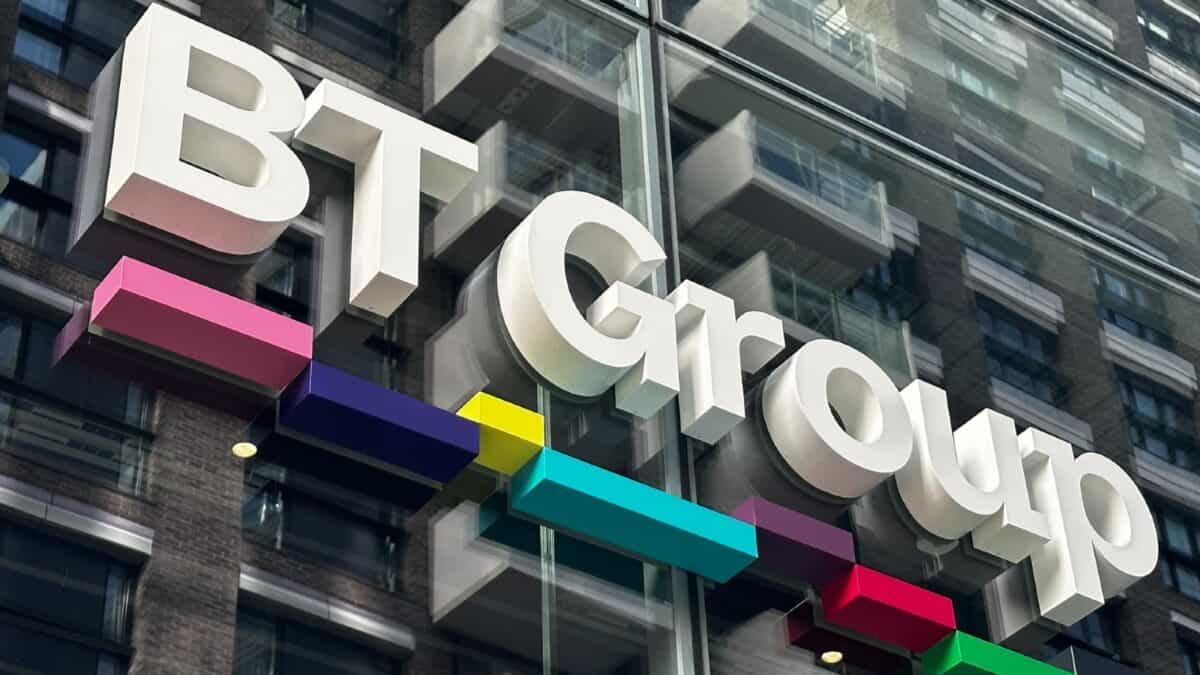When looking at the BT Group (LSE:BT.A) dividend yield, it becomes an attractive source of income. After all, even with the recent bump in its share price, the telecommunications giant continues to reward shareholders for their loyalty. And right now, the stock offers an impressive 5.6% yield compared to the FTSE 100’s 3.6%.
But in the long run, the most lucrative dividend shares are the ones that can keep hiking payments. So is BT capable of increasing shareholder payouts as we move into the second half of 2024?
BT’s growth potential
Over the last eight years, BT’s been a fairly terrible investment. Since July 2016, the company’s seen its market capitalisation shrink by 65%. And there are quite a few factors behind this trajectory. The most significant, in my opinion, was a complacent management team that resulted in rising debt loads and shrinking market share.
Should you invest £1,000 in BT right now?
When investing expert Mark Rogers has a stock tip, it can pay to listen. After all, the flagship Motley Fool Share Advisor newsletter he has run for nearly a decade has provided thousands of paying members with top stock recommendations from the UK and US markets. And right now, Mark thinks there are 6 standout stocks that investors should consider buying. Want to see if BT made the list?
Today, the firm has new leadership. And CEO Allison Kirkby’s now hard at work trying to fix the mistakes of the past. So far, she seems to be off to a solid start.
BT’s successfully delivered its £3bn annualised savings plan a year ahead of schedule. And management’s subsequently launched another £3bn cost-cutting programme, on track for completion by 2029. Meanwhile, Kirkby’s been trimming the fat by writing off underperforming segments.
The cost of these initiatives and restructuring dragged pre-tax profits down by a whopping 31%. However, at the same time, normalised free cash flow (NFCF) came in ahead of expectations at £1.3bn.
And now that the group’s surpassed the peak expenditure period for the rollout of full-fibre broadband, NFCF’s expected to grow. By 2025, it’s expected to reach £1.5bn, £2bn by 2027, and £3bn by 2030.
Apart from providing better flexibility to pay down debt, a doubling of excess cash flow opens the door to significant dividend hikes in the future. And it seems management agrees, given it’s already hiked dividends for its 2024 fiscal year (ending in March) by 3.9% to 8p per share.
What could go wrong?
As encouraging as these latest results were, they still had some weak spots. The group’s debt and pension liabilities continue to dominate the balance sheet at a time when interest rates are significantly elevated. The latter’s particularly concerning, given BT contributed £800m to its pension scheme and its deficit still surged from £3.1bn to £4.8bn.
But the balance sheet isn’t doomed. The firm seems to have enough financial flexibility to steadily turn things round, providing that the group’s NFCF expectations are met. Of course, that’s not guaranteed. And the more money dedicated to repairing the balance sheet, the less funds there’ll be for hiking dividends.
Right now, I think it’s too soon to add this business to my portfolio. The dividend yield’s undeniably tempting. However, there are other stocks with similar payouts that carry less risk and uncertainty, in my opinion. Therefore, BT remains on my watchlist for now.








